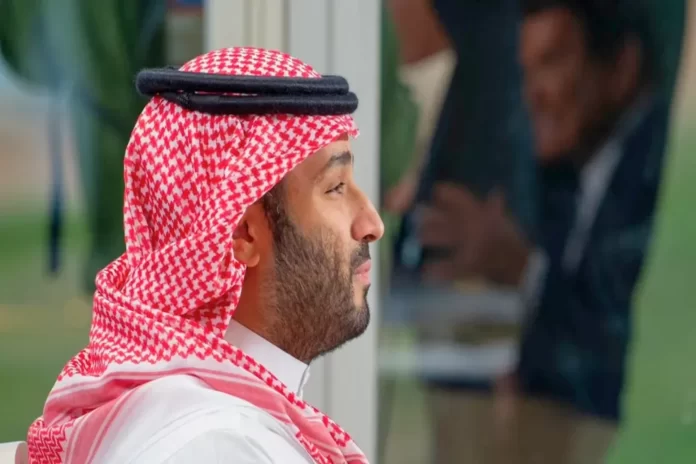Watan – In a world where diplomacy often takes place behind closed doors, recent developments suggest that Israel and Saudi Arabia are navigating their relationship through both covert and overt channels. These interactions, shrouded in secrecy, are drawing significant attention.
Israel’s official radio station, “Kan,” unveiled a clandestine meeting between a prominent Saudi official and a representative from the Israeli Ministry of Health. This revelation came just a week before the visit of Israel’s Tourism Minister, Haim Katz, to the Kingdom under the guise of attending a United Nations tourism conference.
“Kan” detailed that the covert meeting involved a high-ranking Saudi political figure, whose identity remains undisclosed, and the Deputy Director-General of the Israeli Ministry of Health, Safi Mandelovitch. Mandelovitch’s journey to Saudi Arabia was on behalf of Israeli Health Minister Moshe Arbel. While the exact nature of their discussion remains under wraps, it was described as “professional.”
Secret meetings between Israel and Saudi Arabia are part of a larger initiative to establish normalized relations. While some aspects of these discussions are confidential, the Israeli minister’s office has chosen not to elaborate.
The timing of these talks is noteworthy, particularly in light of recent comments by Saudi Crown Prince Mohammed bin Salman on the strengthening bond between the two nations.
In a historic move, Haim Katz’s plane landed in Riyadh, marking the first openly acknowledged visit by an Israeli minister. Katz clarified that his primary reason for the visit was to attend the two-day UN tourism conference.
These behind-the-scenes and public diplomatic efforts between Israel and Saudi Arabia have caught attention. Their true intentions are a subject of debate. Some believe there’s a coordinated strategy with the Israeli occupation, while others observe a public display of differences between Riyadh and Tel Aviv. This could be a strategy to measure public reaction and lessen the impact of past Arab-Israeli interactions.
Saudi Arabia appears to be treading carefully, especially after the recent visit by the Israeli minister and the appointment of its ambassador to Ramallah. This move came after the ambassador’s designation in August 2023 as a non-resident extraordinary envoy and consul general in Jerusalem, having previously served as Riyadh’s ambassador to Jordan.
